Premium Only Content
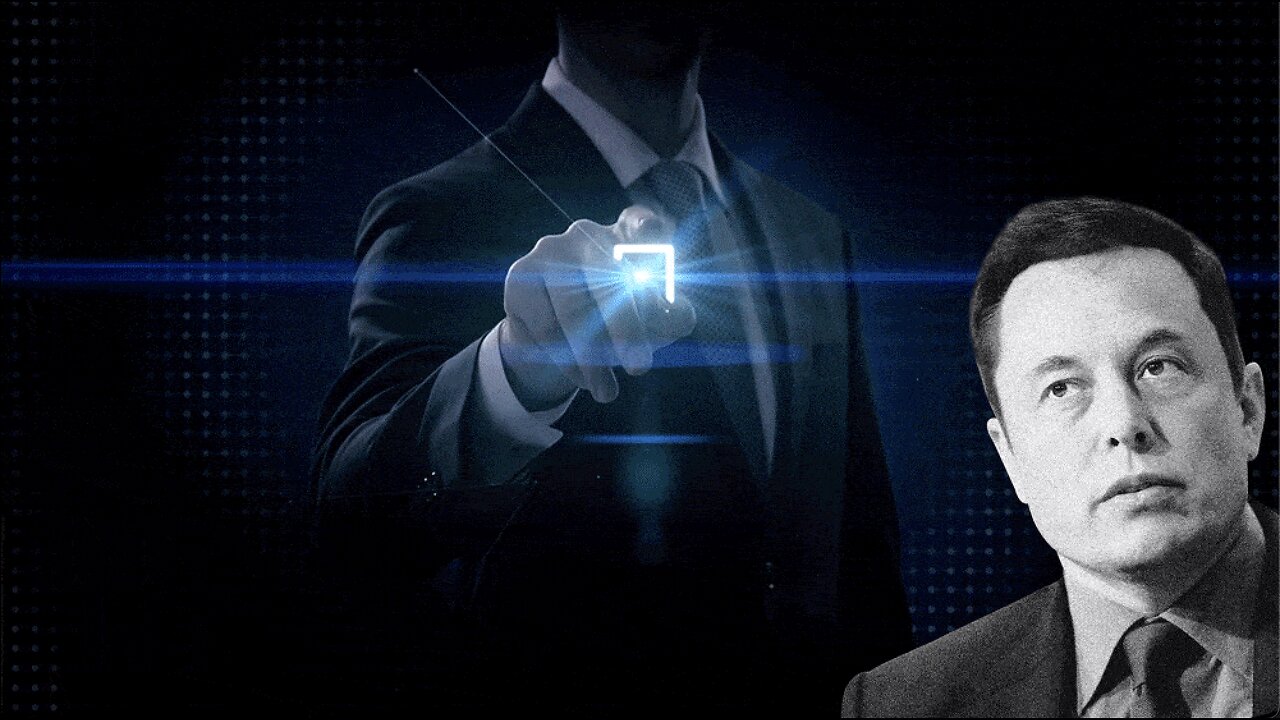
Elon Musk's Brain Chip Experiment Neuralink Shot Down by FDA Safety Police - No Cyborgs Allowed!
On at least four occasions since 2019, Elon Musk has predicted that his medical device company, Neuralink, would soon start human trials of a revolutionary brain implant to treat intractable conditions such as paralysis and blindness. Yet the company, founded in 2016, didn't seek permission from the U.S. Food and Drug Administration (FDA) until early 2022 – and the agency rejected the application, seven current and former employees told Reuters.
The rejection has not been previously reported. In explaining the decision to Neuralink, the agency outlined dozens of issues the company must address before human testing, a critical milestone on the path to final product approval, the staffers said. The agency's major safety concerns involved the device's lithium battery; the potential for the implant's tiny wires to migrate to other areas of the brain; and questions over whether and how the device can be removed without damaging brain tissue, the employees said.
A year after the rejection, Neuralink is still working through the agency's concerns. Three staffers said they were skeptical the company could quickly resolve the issues – despite Musk's latest prediction at a Nov. 30 presentation that the company would secure FDA human-trial approval this spring.
Neuralink has not disclosed details of its trial application, the FDA's rejection or the extent of the agency's concerns. As a private company, it is not required to disclose such regulatory interactions to investors. During the hours-long November presentation, Musk said the company had submitted "most of our paperwork" to the agency, without specifying any formal application, and Neuralink officials acknowledged the FDA had asked safety questions in what they characterized as an ongoing conversation.
Musk and other Neuralink officials did not respond to requests for comment on the company's device or its dealings with the FDA. The agency declined to comment on Neuralink, citing laws keeping commercial information private.
The Neuralink sources declined to provide Reuters with the agency's written rejection, a legally confidential document. The staffers, including four who had read the FDA document and others aware of the agency's concerns, described the safety issues in interviews, speaking on condition of anonymity.
Such FDA rejections do not mean a company will ultimately fail to gain the agency's human-testing approval. But the agency's pushback signals substantial concerns, according to more than a dozen experts in FDA device-approval processes.
The rejection also raises the stakes and the difficulty of the company's subsequent requests for trial approval, the experts said. The FDA says it has approved about two-thirds of all human-trial applications for devices on the first attempt over the past three years. That total rose to 85% of all requests after a second review. But firms often give up after three attempts to resolve FDA concerns rather than invest more time and money in expensive research, several of the experts said.
Companies that do secure human-testing approval typically conduct at least two rounds of trials before applying for FDA approval to commercially market a device.
Neuralink's regulatory struggles stem largely from its culture of setting goals for breakthroughs on extremely ambitious timelines and viewing regulators as obstacles to innovation, according to more than a dozen current and former company employees. That leadership style, mirroring how Musk runs electric-car pioneer Tesla, can create vulnerabilities when applied to developing a medical device that must be tested on human subjects before final approval, the staffers say.
Still, Musk retains the full confidence of many loyal Neuralink staffers and some industry investors, who point to his past successes in taking on extreme challenges as the founder of Tesla and rocket-builder SpaceX.
Neuralink officials have publicly vowed to address any FDA concerns. Musk made headlines late last year when he said he was already so confident in the devices' safety that he would be willing to implant them in his own children.
-
 2:39:14
2:39:14
FreshandFit
11 hours agoOnlyFans Clout Chasers Said This And Got Kicked Off...
338K141 -
 2:12:28
2:12:28
Badlands Media
16 hours agoBaseless Conspiracies Ep. 144: NATO Narratives, Media Meltdowns & a Brightcore Boost with Kim Bright
122K22 -
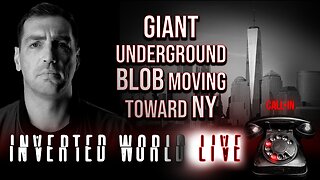 2:02:11
2:02:11
Inverted World Live
11 hours agoGiant Underground Blob Moving Toward NY | Ep. 85
56.9K22 -
 2:46:21
2:46:21
TimcastIRL
10 hours agoTexas GOP Greenlights ARREST WARRANTS For Dems Who FLED State | Timcast IRL
257K93 -
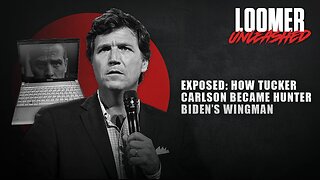 3:16:50
3:16:50
Laura Loomer
10 hours agoEP137: EXPOSED: How Tucker Carlson Became Hunter Biden's Wingman
82.6K98 -
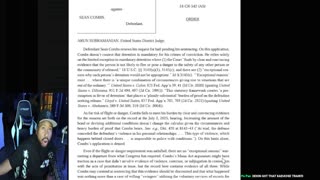 4:22:34
4:22:34
Akademiks
9 hours agoNicki Minaj vs Dez Bryant. Trump Calls out Charlamagne. Diddy Denied Bail Again! ICEMAN soon?
68.1K3 -
 3:16:28
3:16:28
Nerdrotic
11 hours ago $11.71 earnedNerdrotic at Night 504
93.7K3 -
 8:20:30
8:20:30
Dr Disrespect
19 hours ago🔴LIVE - DR DISRESPECT - WARZONE - RANDOMLY GENERATED LOADOUTS EVENT
241K9 -
 1:36:07
1:36:07
Glenn Greenwald
13 hours agoTrump Admin Unleashes More Policies That Prioritize Israel Over American Citizens; The Smear Campaign Against Gaza Aid Whistleblower with Journalist Mel Witte | SYSTEM UPDATE #497
156K198 -
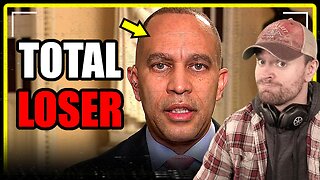 58:14
58:14
MattMorseTV
12 hours ago $16.09 earned🔴Hakeem just lost EVERYTHING.🔴
90.6K64